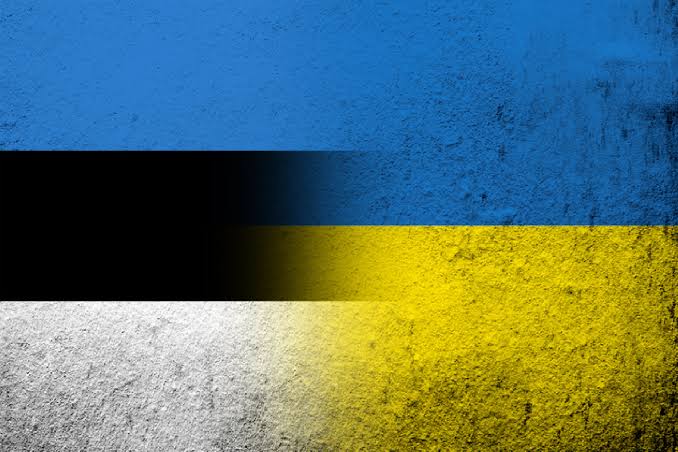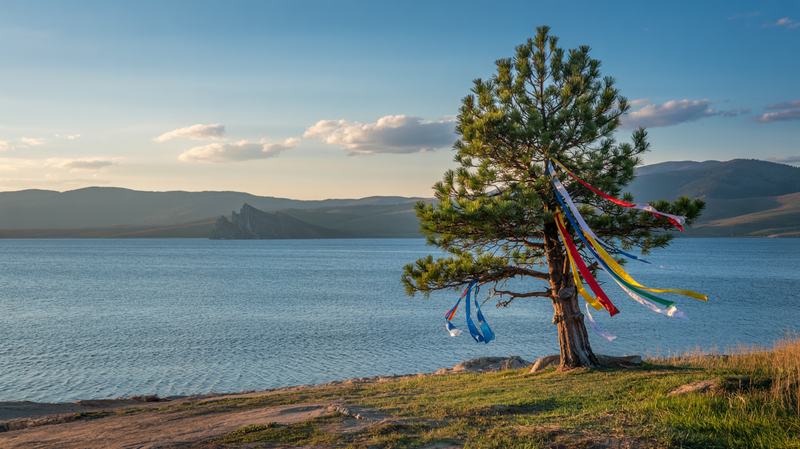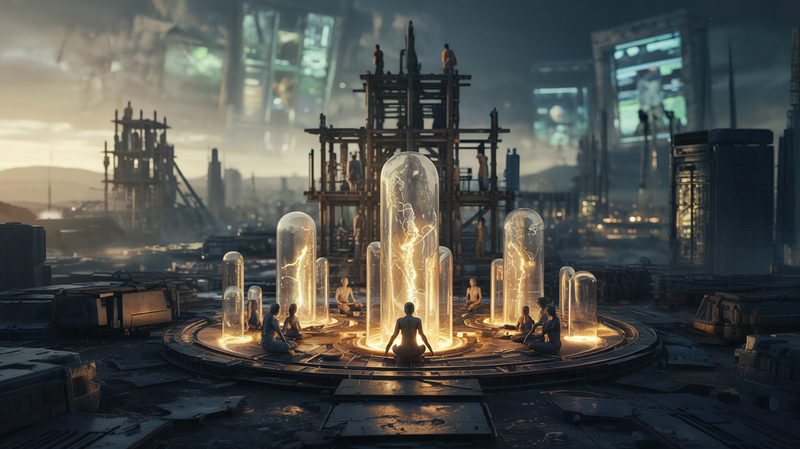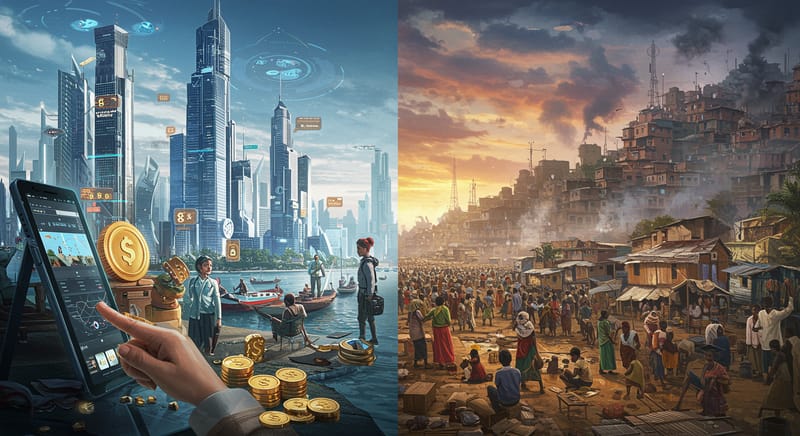Ukronians: The Birth of a New Europan Ethnic Group and Estonia's Potential in Shaping the Future
The Dawn of a New Era: The Evolution of Estonian Identity Amidst Ukrainian Immigration Estonia, a small Nordic nation nestled along the Baltic Sea, is undergoing a cultural transformation. Steeped in rich history and proud of its distinct culture and language, Estonia finds itself at an interesting crossroads. Amidst a

The Dawn of a New Era: The Evolution of Estonian Identity Amidst Ukrainian Immigration
Estonia, a small Nordic nation nestled along the Baltic Sea, is undergoing a cultural transformation. Steeped in rich history and proud of its distinct culture and language, Estonia finds itself at an interesting crossroads. Amidst a rising tide of Ukrainian immigration, a unique blending of cultures is unfolding that could eventually birth a new identity. This evolving cultural fabric, if woven correctly, could enrich the small nation both socially and economically.
The native Estonians are a resilient breed, descendants of ancient Finno-Ugric tribes, living in harmony with the harsh, yet beautiful northern climate. Their Slavic neighbors to the south, the Ukrainians, also bear a long and complex history - rich in cultural traditions, linguistic complexity, and a shared heritage of strength in adversity. Both cultures now meet in the lands of Estonia, beginning a dance of intermingling and transformation.
This isn't just a story of people moving across borders; it's a story of two cultures blending. It's about the Slavic warmth meeting the Nordic resilience, the Ukrainian sunflowers finding home in the land of cornflowers and rye.
And while the differences between the two cultures are evident, there are common threads that tie them together. Both nations value family, hard work, and resilience. Both have a shared history of navigating the delicate dance of autonomy and foreign influence. As these threads intertwine, a new kind of identity could be taking shape. This isn’t about the dilution of one culture, but rather the formation of a new one, rich in its diversity and strength.
Economically, this blend could also be a boon. The combination of Estonia's high-tech, digital economy with the industriousness and agricultural prowess of Ukrainians may lead to unexpected innovation. Industries may evolve, new cuisines could emerge, and demographic stability could be achieved in a nation previously grappling with population decline.
However, this does not negate the challenges that come with it. Immigration can strain social services, require extensive efforts for integration, and even lead to friction within communities. However, with effective policies that prioritize cultural integration, uphold law and order, and provide economic opportunity, Estonia can turn these challenges into strengths.
The evolution of identity is not an overnight change. It is a slow process that takes generations to manifest. But as these changes come to pass, we must remember that diversity is not a threat, but rather a strength. In this new era, Estonia has the opportunity to set an example of cultural integration, showing the world that unity and identity are not about uniformity, but about harmony in diversity.
This is the dawn of a new era - an era of cultural blending and evolving identities. In the grand tapestry of human migration and cultural diffusion, Estonia and its people are adding their own unique stitch. The result could be a testament to human adaptability, resilience, and the shared desire for prosperity and peace.
Imagine a future where the Baltic charm and Slavic warmth merge into an innovative and dynamic fusion, called "Ukronians" - the new ethnic group born out of Estonian-Ukrainian cultural and genetic amalgamation. What if this isn't merely a projection of an ethno-cultural blending but a strategic direction of a forward-looking nation like Estonia, willing to foster this evolution?
Estonia has been a forerunner in the digital world, pioneering e-residency and digitizing almost every aspect of daily life. What if this pioneering spirit extends beyond the digital and into the realm of cultural and social engineering? A state-sponsored initiative fostering the Ukronian evolution could prove as groundbreaking as Estonia's digital revolution.
Through facilitating intermarriage, encouraging cultural exchanges, and prioritizing integration efforts, the state could play an active role in nurturing this new identity. An intentional effort to create shared spaces for Ukrainians and Estonians to interact, exchange, and blend could further facilitate this process.
Moreover, genetic blending could be seen as a strategic, long-term investment in the nation's health and longevity. By fostering genetic diversity, Estonia might see improvements in health indicators and a decrease in certain genetic diseases common to homogeneous populations. The mixing of the robust Ukrainian and resilient Estonian genes could result in healthier future generations.
However, the ethical considerations of such a venture are significant and cannot be ignored. Such a program should never infringe on individual rights and freedom. The decision to marry, to have children, or to identify with a certain culture should always remain personal. State intervention, if any, should be about creating opportunities and platforms for natural intermingling rather than enforcing it.
A Ukronian initiative should therefore focus on fostering cultural understanding, providing educational opportunities about each other's traditions, and creating social programs that bring people together. It should aim to celebrate diversity rather than imposing a homogenized identity.
In a world often characterized by divisions and identity politics, the birth of the Ukronians could be a beacon of hope. It could symbolize a nation's commitment to embracing diversity, fostering unity, and strategizing for a sustainable future. In this new era of 'Ukronians', the focus is not on preserving the past but rather on creating a future that is inclusive, vibrant, and prosperous.
This 'Ukronian' vision might be a leap from where we stand today, but it paints a picture of a world where diversity is not just accepted, it is celebrated. And Estonia, with its pioneering spirit and rich cultural history, may just be the place where this new chapter in human history unfolds.




